So over the last month, I’ve been using an iPhone. Not because I had to, but at least in part because I wanted to.
A lot of comments from friends and the occasional taunt on social media about “not understanding” the iOS ecosystem and always insulting it.
Well, now I can do that guilt-free because I’ve spent a month in there and — despite some very good points — without hesitation I’ve moved back to Android. I actually had a first-generation iPhone and made the choice to move away when it started looking like a cage for personal data.
The good
It’s very odd as a “Fanboy” to happily sit here talking about how good iOS and the general iPhone experience was for me. Generally, it wasn’t a bad thing and there were some real highlights. Messaging integration across the Apple ecosystem is outstanding with everything just working, no configuration required: I got a pop up basically saying “your iPhone can share SMS with your Mac and iPad, do you want to do this” and it just worked…
I’m impressed with the level of general integration across the platform. This goes back to one of the analogies I’ve been given about Android vs iOS being akin to a luxury car with lots of options vs a Tesla.
The really short story is it just works, it may not be exactly what you want if you’re coming from other platforms but there will be an option that will work.
Security – iOS is leading the way
If you’re involved at all in systems security, it won’t surprise you that iOS is leading the way here. iOS devices are far simpler to lock down in corporate and enterprise environments to protect company data and, as I understand it, the current version of iOS meets Evaluation Assurance Level (EAL) 4 requirements.
For personal users, the sandboxing of apps also prevents data mining by malicious apps should you be unfortunate enough to inadvertently install one on your device.
Android can absolutely be locked down tight, but it’s not as simple to achieve and once done it’s also significantly easier to circumvent if you want to.
The bad
There were a few areas I just couldn’t get into or get my head around and one of the biggest issues I found was the notifications, they were just — generally speaking — a terrible experience. There wasn’t any easy way to customise them to my wants or needs and in some cases, you only had the choice of notification or not…
I said so in my last article: I struggled to really engage with Siri.
While Siri is on paper at least, a very capable smart assistant, I couldn’t adjust to jumping between “Hey Google” and “Hey Siri” and when I did, because of integrations being set up for my Assistant account I wasn’t getting what I wanted or expected from the interaction.
The final area that caused me regular frustration was the constant awareness I needed to have of my usage, to ensure I got to the end of the day with some battery left.
While some areas of my life are a bit easier to deal with now, making that less critical, it’s still important to have my primary communication device “alive” and with me.
A realisation…
So with all of this in mind, I found it interesting to come to a pretty dramatic realisation.
Years ago, I had a first-generation iPhone which I liked but felt a bit trapped by the way data was stored. As a result, I made the deliberate decision to buy and stick with Android because of the Open Source nature of the OS and the fact that Google was (at the time) somewhat more transparent with what they do with your data.
Through the experience I’ve had on iOS over the last month, I’ve come to the realisation that with the intent of not getting trapped into a platform, then over time becoming more heavily invested in Google I’ve actually caged myself in without realising it.
Well played Google, well played indeed. Now the question is: Is there a key around here somewhere so I can liberate myself and my data from Google?
Concluding the experiment
It’s been a very interesting month with an iPhone in my pocket. I’ve copped some funny looks at times while I tried to figure out how to do certain things. I’ve enjoyed the high level software integration a great deal, particularly the messaging as I’m in front of a PC for a large portion of my day.
But at the end of the day, for me at least, those aggravating factors caused me greater impact than the highlights brought joy.
I’ll definitely be less critical of some facets of the Apple platform and in particular iOS in the future and I’d be keen to get some decent hands on time with future models too.
But for now, the iPhone I’ve used is heading back to its rightful owner and I’m onto the next adventure: Reviewing the Samsung Galaxy S21.

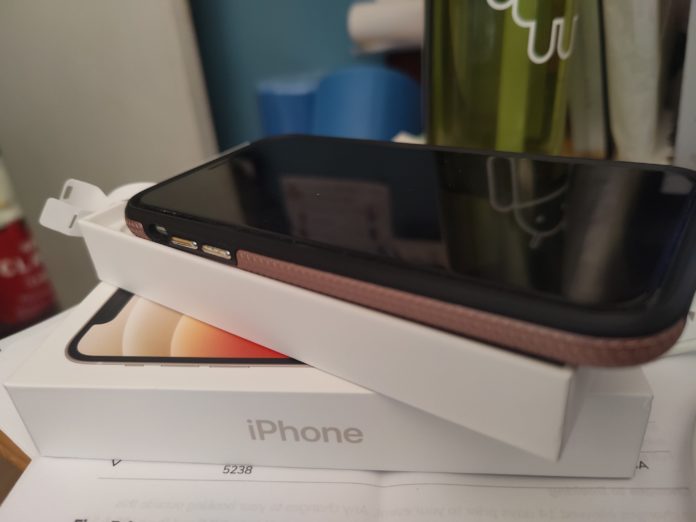
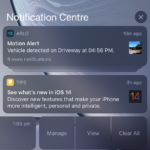
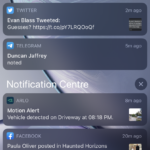
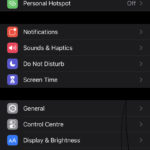
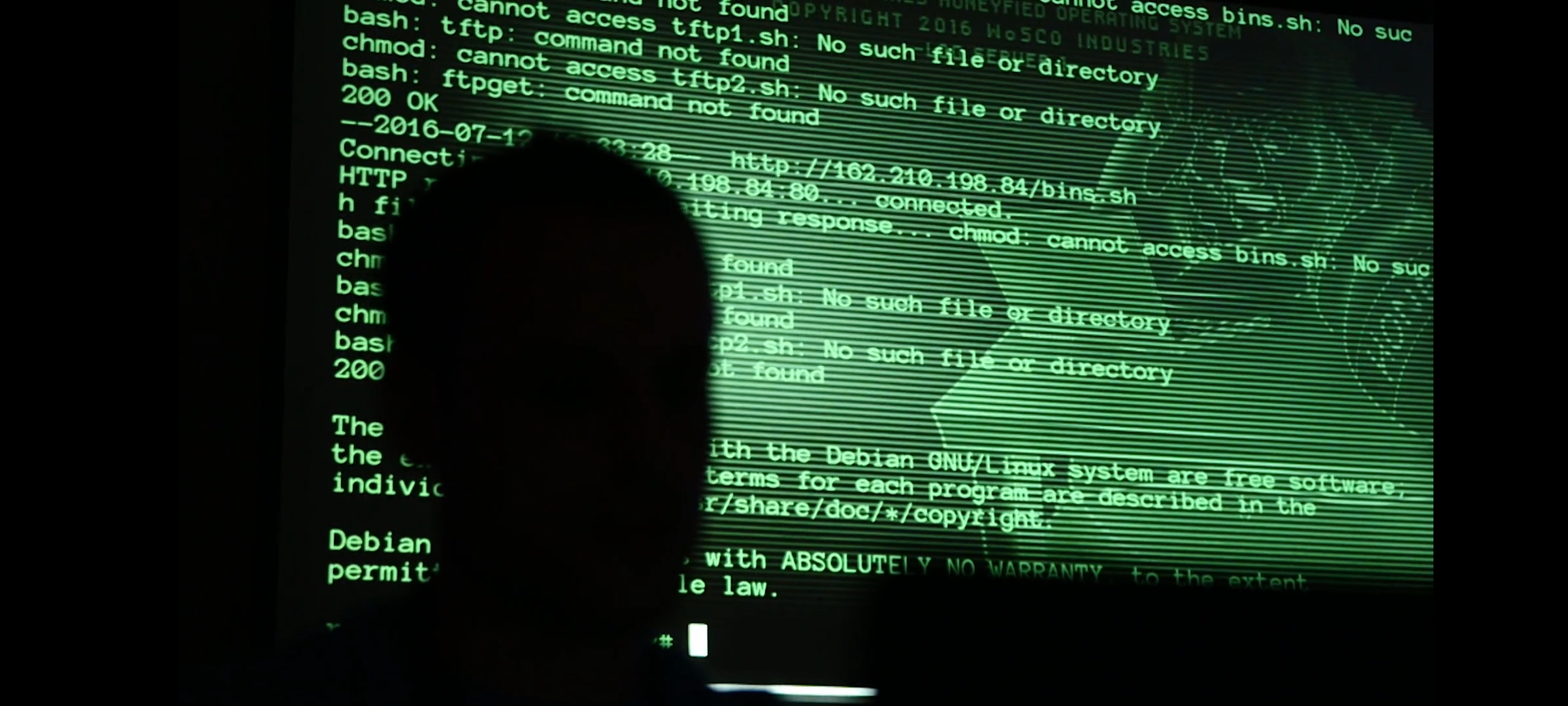
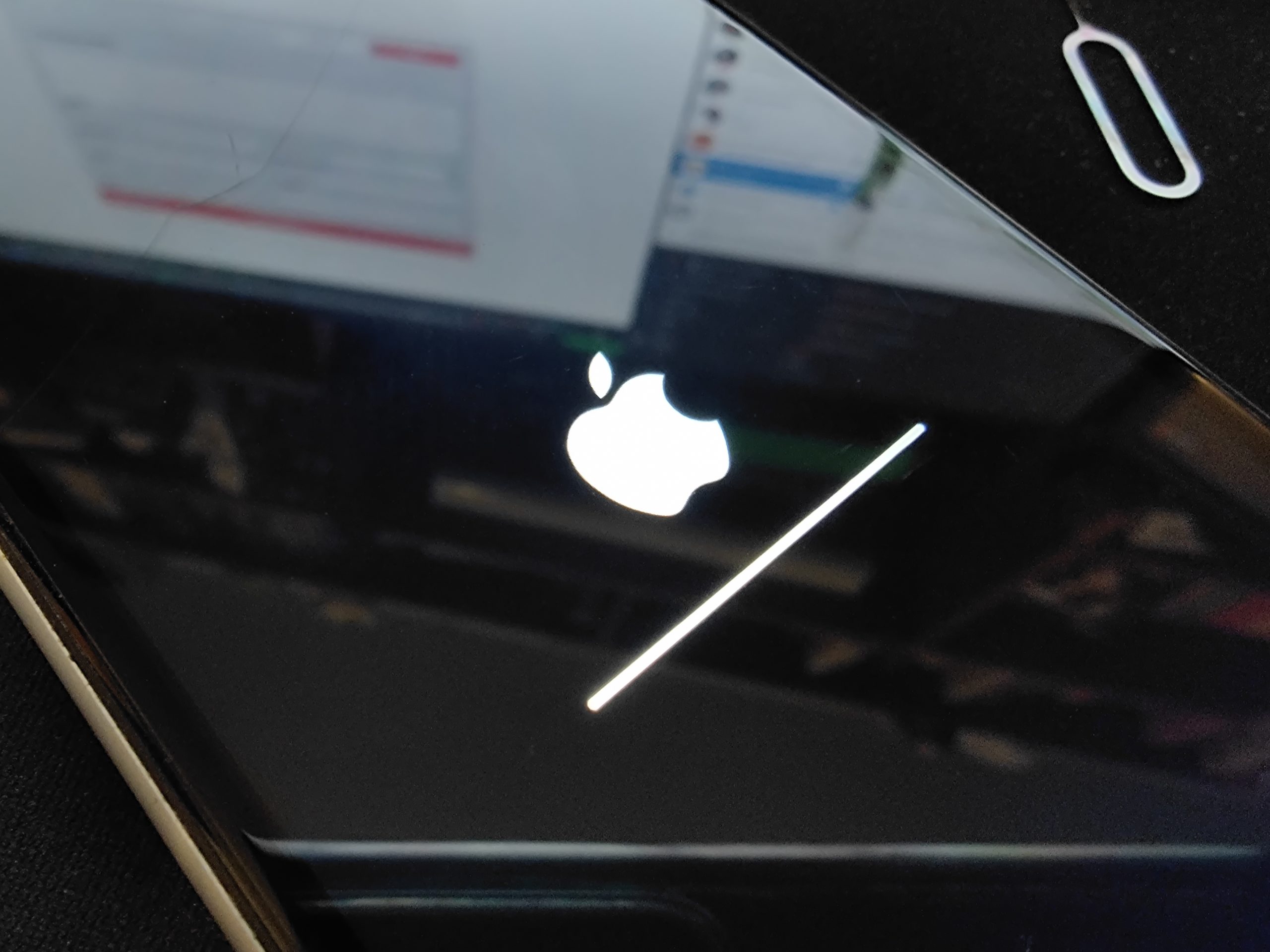



Google definitely traps your data. Try getting your old photos out of photos. No good way to do it, especially with 80 gigs of photos. They give you a convaluted work around and only 1 week to get all the data.
Your experience mirrors mine, Phil. I have an iPhone issued by my work so use both devices on a daily basis. I could save money and just use my work iPhone for everything, but I don’t want to. The iPhone just works, but I hate the notifications and the home screen, along with a few other niggles. Enough that I’ll happily spend my own money to get the Android device I want.
Now I just hope Google pulling out of Australia doesn’t brick my new Pixel…